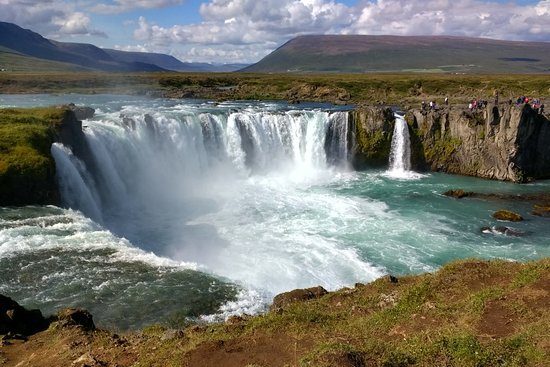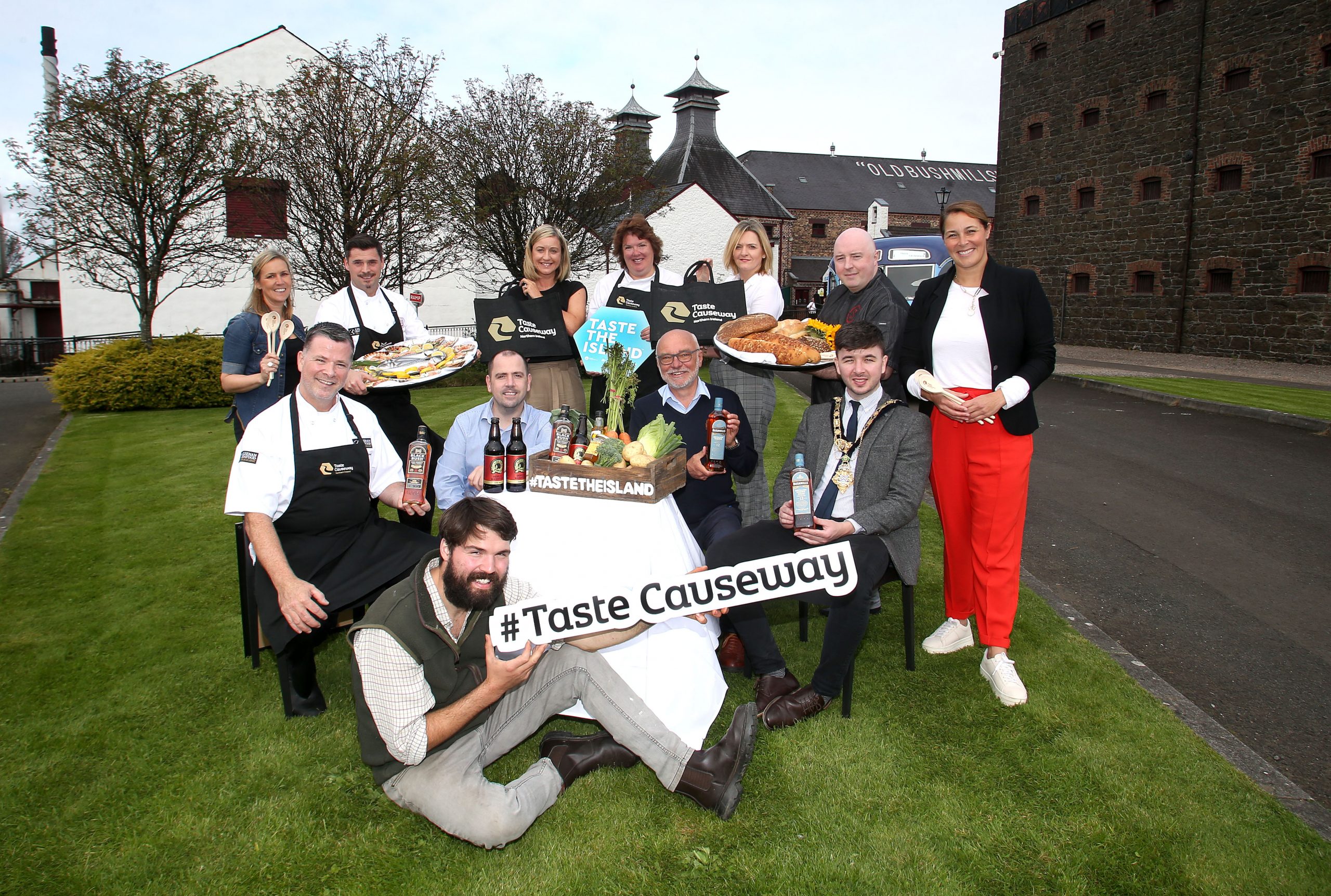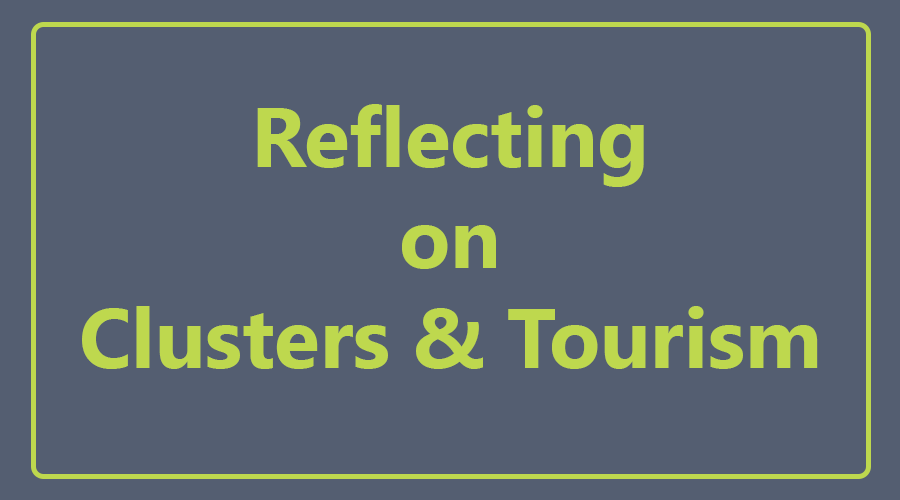On May 13th, The Cluster Centre and facilitator Anne Marie Conlon of the Donegal County Council were joined by the CEO of Iceland Tourism Cluster, Ásta Kristín Sigurjónsdóttir, to present on the ways clustering has been used in Iceland to support their main export industry: Tourism. There are many similarities between Iceland and Ireland; island nations, small populations, and some of Europe’s most popular destinations to visit, like the Cliffs of Moher and Goðafoss Waterfall.


Ásta highlighted the importance of the cluster in responding to the pandemic, supporting businesses to come together and develop strategies to survive a complete shutdown of tourist activity. She also notes that these impacts weren’t only felt in the hotels, restaurants, and tour companies – Iceland Tourism Cluster includes companies from every stage of the value chain, from service providers, to related clusters, and the direct beneficiaries of tourism like retail, natural parks, construction, manufacturers, and more.
When we look to our own all-island tourism, we see similar connections between the vibrant tourism and hospitality industry and the economic benefit enjoyed by the secondary/tertiary firms and providers. Clustering provides us with an opportunity to engage in collaboration and innovation which builds more resilient businesses, more efficient value chains, and a tourism ecosystem which works for all of us.

Developing Tourism Clusters is a complex process, due to the diverse nature of the businesses and personalities involved.
Perhaps, more so than any other sector, is quite possible to have a large global business sitting alongside a small, one man operation, each with their own business needs and aspirations, united only by the passion for the place that supports their unique business model.
In my experience this is a very powerful bond, which once established, is the springboard for real creativity and sustainable collaboration.
To help us dive deeper into how we might build toward a level of clustering support similar to that in Iceland, Liesa Johnston of Strangford Lough Tourism Cluster and Frank Murtagh of the Westmeath Development Company joined us for a panel discussion with Ásta, facilitated by Anne Marie. Be it creating all-inclusive tours, developing new products and services, or realising the power of collective purchasing, what emerged was an excellent dialogue on not only the role of clusters and the opportunities in front of the all-island tourism industry, but also how cluster managers work to create those links. The role of industry, government, and social enterprise, and research which Ásta described in her presentation was highlighted during the discussion as key interactions which can be further developed by clustering initiatives.
This event was an excellent bit of learning from an international clustering leader, and a bright glimpse of the potential which we are beginning to extract from clustering in some of our most competitive indigenous sectors.


